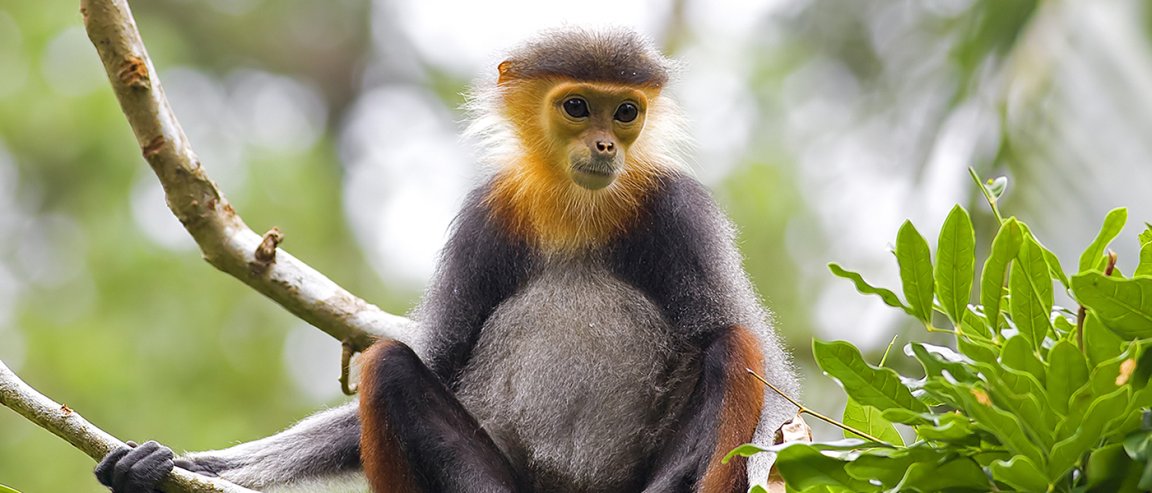
Here We Go Again
Scientific and societal progress is something that we humans have significantly benefitted from for (practically) all of our existence. Its taken us from small patches of hunter-gatherers to beings capable of building massive tech-infused metropolises that dot the globe. However, the pursuit of that progress often did not take the needs and limitations of the natural aspects of our world into consideration. As a result, we have seen the negative effects of that progress, culminating in a host of environmental disasters including enhanced erosion, deforestation, and extinctions.
Many experts fear that we are currently on the brink of a sixth mass extinction event. Just in the last 40 years, we have seen the extinction of dozens of species. One of the most recent extinctions occurred when the last West African black rhinoceros died off, and the International Union for the Conservation of Nature (IUCN) declared the species extinct in 2011.
Primates are one of the largest groups of mammals, with a total of 504 different species. A recent study published in the journal Science Advances has some bad news for the majority of those species: about 60 percent of primate species are in danger of becoming extinct. Additionally, 75 percent are suffering from declining populations, putting still more species at risk of disappearing in the future.
Habitat loss is the chief factor contributing to the declines seen in primates. As humanity continues its march to the future, humans continue to log forests for materials and to clear areas for agriculture or development. Also, the illegal trade of primate body parts mirrors concerns for elephant populations.

It’s Not Too Late
The study doesn’t just present the problem; it also provides routes to solutions for the issues fueling the extinction problems around the globe. Improving the quality of life of humans, expansion of wildlife protection areas, better utilization of already cultivated land, and cracking down on illegal trade are just a few of the remedies suggested.
Climate change only exacerbates the other anthropogenic causes of the extinction threat. Fortunately, there is a current trend to help mitigate one of the largest causes of global warming: coal. Despite the efforts of certain world leaders, coal use is declining across the globe. By the mid-2020s, some of the most powerful countries hope to fade out its use entirely. The lower cost of renewable energy has even caused a bridge to form between environmentalists and the fiscally conservative.
More wildlife is becoming threatened directly and indirectly by the actions and policies of the human species. Primates are our closest evolutionary relatives. We cannot continue to allow their demise through our actions. We must help them because we’re the only ones who can.